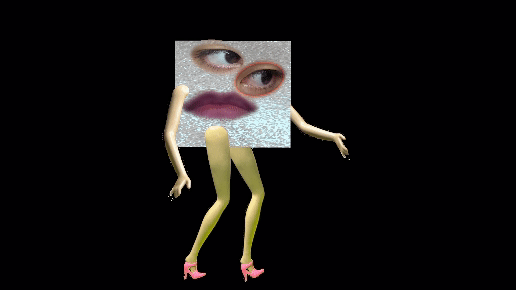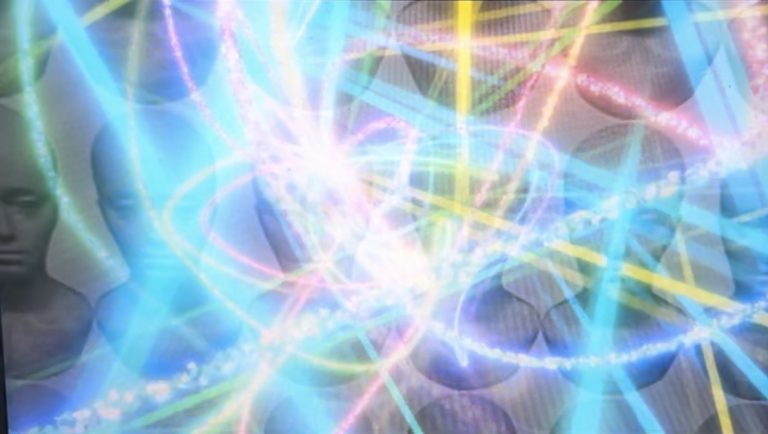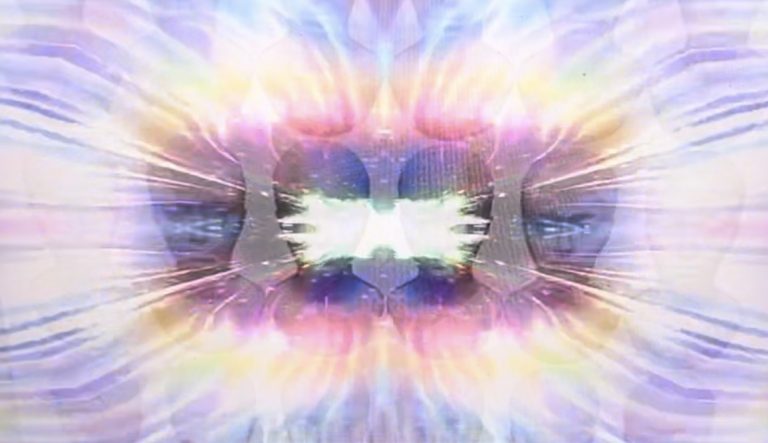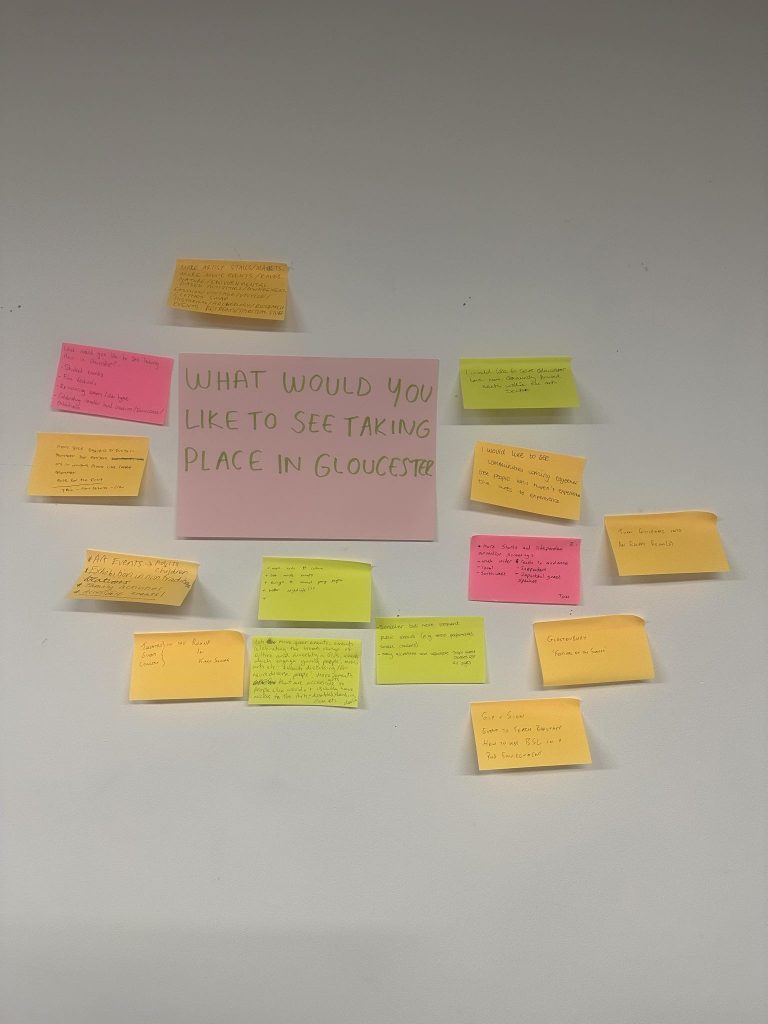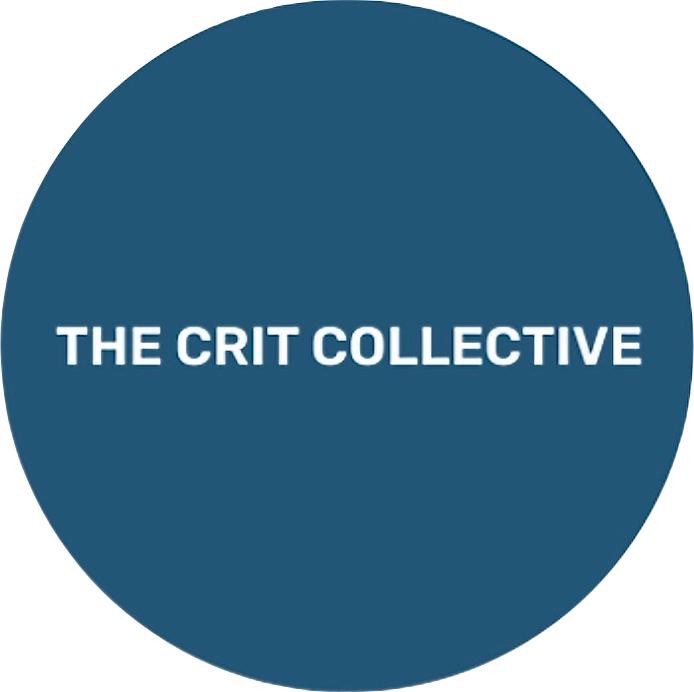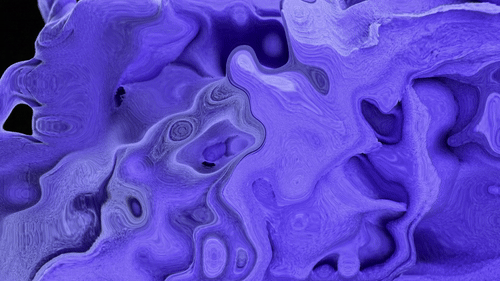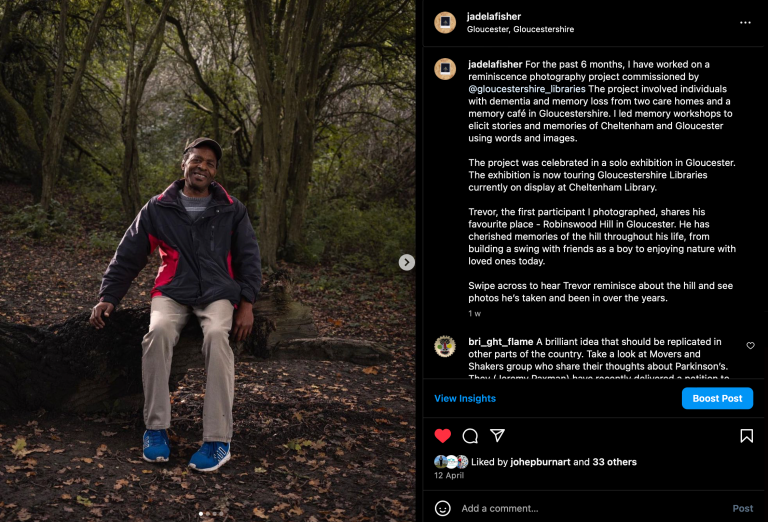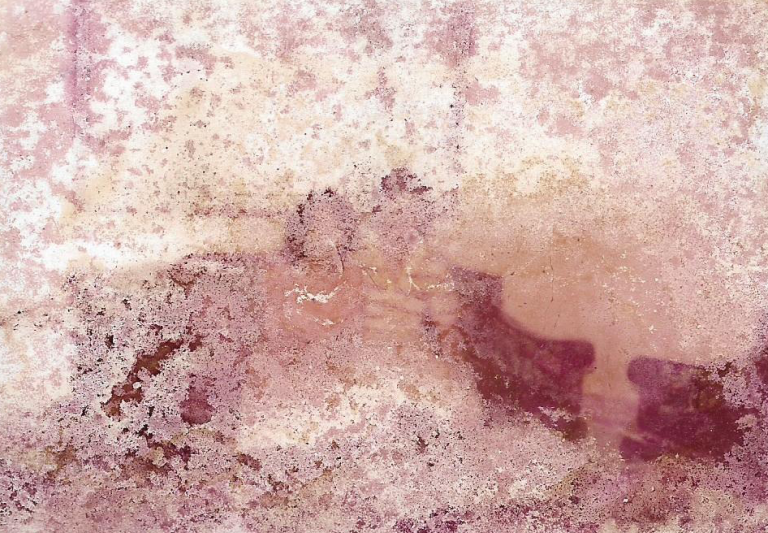Content warning: medical trauma, surgery, suicide
The final sequence I wanted to explore is possibly the hardest to talk about and to represent.
In 2019 I was suffering from a life threatening rare complication of my illness. As there are not many surgeons in the world who can operate on a patient with my complications successfully, I had to fundraise and travel abroad for surgery.
I was advised by my consultant of the risks and to prepare for the worst, so I did. I wrote a statement of wishes in the event of my death. I researched the legalities and logistics of dying abroad. I prepared a folder with all the information my family would need. It included everything they would need to do, all the numbers they would need to call, a step by step guide.
I have never been particularly interested in marriage because of its historical roots in the ownership of people identified as women and also because disabled people and the LGBTQ+ community do not yet have marriage equality in many places. However, I knew from the experience of a close friend, that my long term partner would struggle to get mental health or financial support in the UK if I died and we were not married. I also knew that if I did die, witnessing me get married would be one last good memory for my parents. I knew that writing my step dad’s name on my marriage license would be a good way to honor him as my father.
In many different ways I prepared to die. People often assume that before this surgery I would have been nervous or scared, but the day before, the night before, the minutes before and even the seconds before being put under I was calm. I focused on the people around me. I enjoyed my partner’s company. I watched the doctors with their colour scrub caps floating around from bed to bed as I waited in the pre-op room. I knew I had done everything within my power to prepare and the rest was out of my hands and I felt calm. I was not worried about the future, I was not thinking about all the things I needed to do, I did not feel responsible for anything, I actually can not remember ever feeling that calm before or since.
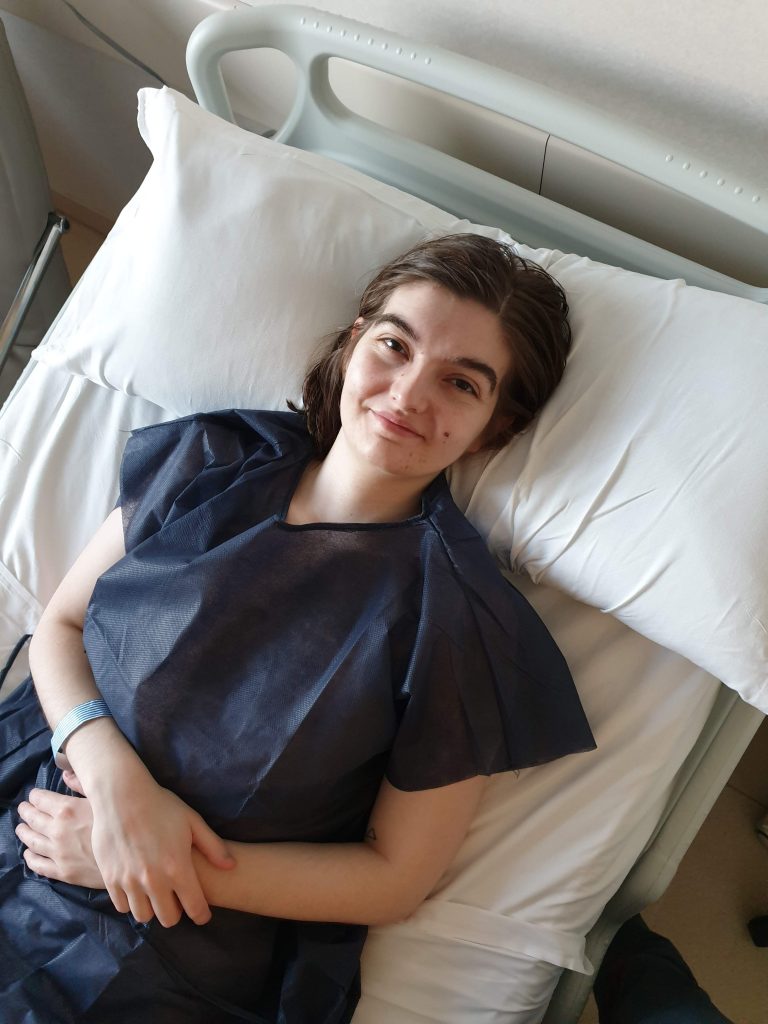
Image description:
A photo taken from above of Charlie, a white woman in a hospital bed wearing a blue surgical gown. Her arms are crossed over her torso, her eyes are looking towards the viewer and she is smiling, she looks tired but content.
My surgery was very successful. It was actually the first time this particular surgery had been done on anyone, it was the first time two specific procedures had been done during the same surgery, procedures which are normally separate surgeries.
My surgery went so well that they repeated these 2 procedures in one on a similar patient a few weeks later. This person died either during or shortly after surgery and to my knowledge they now only perform the procedures separately.
In the months following my surgery I was still very ill but I had less pain and more capacity than I had had for years, whilst still only focusing on recovery, I still felt calm, but worries about the future, planning and responsibilities started to creep in. Three months later when I was back in the UK I started to suffer from severe depression and thoughts of suicide. I had worked so hard to find out what was wrong with me, so hard to fundraise, so hard to recover, I had worked so hard to live it made no sense to me why I was frequently feeling like I wanted to stop living. The weight of my responsibilities, the pressure of planning for and worrying about the future had never felt quite so heavy. I was also suffering from complex PTSD, my experiences in western biomedicine a contributing factor to this.
There were many contributing factors to my depression, some situational, some hormonal as I had been put on a medication that induced menopause for three months, which was then stopped because of the severe side effects. But aside from all these factors, that feeling of calmness before surgery kept coming back to me, that feeling of being content. I also felt guilt for the person who did have the worst case scenario, possibly because of my success and a feeling of responsibility to all the people suffering from the same complication, being refused treatment, struggling to fundraise, whether they asked directly for my help or not, I felt like I was being crushed under the weight of responsibility towards others, the anger of the injustice at the heart of this condition and the guilt of surviving when others in my position don’t and won’t.
It is a hard sensation to express. To try and understand this sensation I recently read Maurice Blanchot’s short autobiographical récit, ‘The instant of my death’ in which he recounts in third person, as if talking about someone else how he felt and what he experienced in the moments before he was almost killed by a Nazi firing squad, who let him go at the last minute. The essay ponders that although we can never experience our own death, it is an event that forever evades experience, getting this close to death is the closest we can get to experiencing death, preparing to die is perhaps the closest we can get to experiencing death.
Here are a few quotes from the piece that resonate with me:
‘I know – do I know it – that the one at whom the Germans were already aiming, awaiting but the final order, experienced then a feeling of extraordinary lightness, a sort of beatide (nothing happy, however) – sovereign elation? The encounter of death with death?’ p 5
‘He was perhaps suddenly invincible. Dead – immortal. Perhaps ecstasy. Rather the feeling of compassion for suffering humanity, the happiness of not being immortal or eternal. Henceforth, he was bound to death by a surreptitious friendship.’ p 5
‘At that instant, an abrupt return to the world’ p5
‘No doubt what then began for the young man was the torment of injustice’ p7
I want to try and represent this experience or something of it in an audio visual sequence, but I am currently at a loss of how to do this. I want to try to represent this in my artwork so I can better understand it, as it is an experience that both evades me and affects me.


